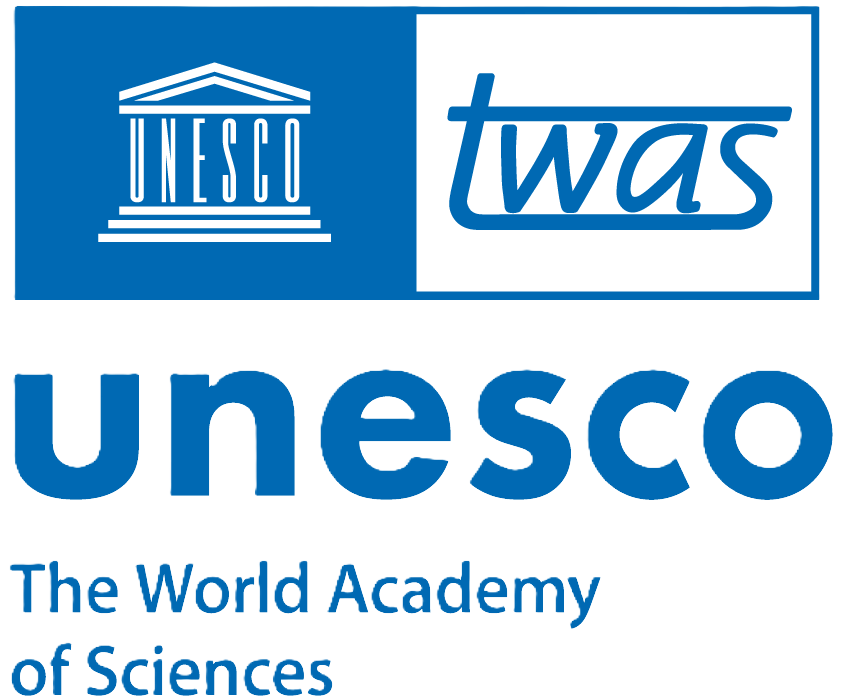Programme / Thematic session IV/b – Education for Sustainable Development
‹ back to Programme listerDay
Friday / 22 NOV
16:15 - 17:30
In 1987, the World Commission on Environment and Development report “Our Common Future”, highlighted the central and critical role of educators and education for progress throughout societies. This was underscored in the UN “Decade of Education for Sustainable Development” from 2005 to 2014 led by UNESCO. In 2020, the “ESD for 2030 Roadmap”, also under the leadership of UNESCO, brought renewed attention to educators and education for achieving the SDGs. Notwithstanding the numerous guidelines and roadmaps, there are only sporadic examples of successful translation at a country level.
We will have a panel session on Education for Sustainable Development (ESD) with emphasis on the Global South. ESD will be considered from early primary school education through tertiary education, including lifelong learning and “leaving no-one behind”. Discussions will focus on how strategic partnerships and collaborations can advance educational efforts for sustainable development, including bridging the digital divide.
The session will explore the following issues:
-Over-arching: How, within rapidly changing societies and growing existential threats, education that supports and facilitates reconnecting with nature helps younger individuals comprehend and invest in human and planetary health.
-When to start ESD – speaker: Cliona Murphy, ALLEA Working Group on Science Education: ALLEA has just released a Statement on ‘Early Learning Opportunities for Shaping a Scientifically Literate Society’.
-Early education in challenging settings – speaker: Rana Dajani, Society of the Advancement of Science and Technology in the Arab World (SASTA): In addition to her scientific contributions, she is renowned for her contributions promoting reading, particularly in settings of wars, conflicts and social incohesion or other disruptions.
-Science Education for Global Goals – speaker, Carol O’Donnell, Director, Smithsonian Science Education Center (SSEC), Washington DC: SSEC has led a project, in collaboration with IAP, on producing a series of curricula aimed at children aged 12-17, on various topics related to the SDGs.
-Introducing ESD into tertiary education – speaker Anthony Clayton, Institute for Sustainable Development, UWI, Jamaica.
-Advocating for the inclusion of nature education in UNESCO Biosphere Reserves – speaker: Minyan Zhao, Programme Manager, Associate Professor, Alliance of National and International Science Organizations for the Belt and Road Regions (ANSO) Secretariat.
-Additional discussions could cover, for example, how bridging digital divides can help the professional development of educators with respect to more contemporary pedagogies suitable for the 21st century and closing inequalities between the Global North and Global South.
Summary of the session by session rapporteur Professor Dr Andrea Toldy, Full Professor, Budapest University of Technology and Economics, Faculty of Mechanical Engineering:
The thematic session on Education for Sustainable Development (ESD), organised by TWAS, UNESCO, and IAP, examined the pivotal role of education in fostering sustainable societies. The discussions, moderated by Quarraisha Abdool Karim (President, TWAS), addressed education from early childhood to tertiary levels, emphasising inclusivity, lifelong learning, and bridging inequalities.
Cliona Murphy opened the session by highlighting the importance of early education and the fundamental role of teachers in shaping scientifically literate societies, referencing UNESCO’s report on Youth Demands for Quality Climate Change Education. Peter McGrath, standing in for Carol O’Donnell (Director of the Smithsonian Science Education Center), shared the Center’s initiative to develop SDG-aligned curricula for children aged 5-18, offering a model for integrating sustainability themes into science education. Anthony Clayton explored the integration of ESD within tertiary education, highlighting the current challenges of educators and under-served areas such as science-policy interface, high-level applied multidisciplinary problem solving and developing policies in an age of change and uncertainty. Minyan Zhao advocated for including nature education within UNESCO Biosphere Reserves, underscoring the benefits of reconnecting students with natural ecosystems for both human and planetary health. Rana Dajani illustrated the challenges and transformative potential of promoting reading in conflict-ridden and socially disrupted environments, demonstrating how early education can build resilience.
The session underscored the vital role of education and teachers in addressing global sustainability challenges, calling for better tools, interdisciplinary approaches and recognition, to empower educators. Participants highlighted the importance of small, incremental actions and collaboration in evaluating educational initiatives, alongside the power of storytelling to inspire change through relatable role models. The discussions reinforced the urgency of promoting ESD to equip future generations with the skills and mindset needed to navigate and address the complexities of a rapidly changing world.
Moderator:
Speakers:
- Anthony Clayton, Professor of Caribbean Sustainable Development, University of the West Indies
- Rana Dajani, Professor of molecular cell biology, The Hashemite University
- Peter McGrath, Coordinator, InterAcademy Partnership (IAP)
- Minyan Zhao, Program Manager, Associate Professor, The Alliance of National and International Science Organizations for the Belt and Road Regions (ANSO) Secretariat
- Professor Cliona Murphy, Professor in Science Education, Dublin City University
Rapporteur:
Video:
Photo:
https://www.flickr.com/photos/mtasajto/albums/72177720322126528/
PPT Links:
Anthony Clayton: https://shorter.me/5h4vt
Rana Dajani: https://shorter.me/Xm7T2
Peter McGrath: https://shorter.me/d1zz6
Minyan Zhao: https://shorter.me/k5FRl
Professor Cliona Murphy: https://shorter.me/fAf9A

